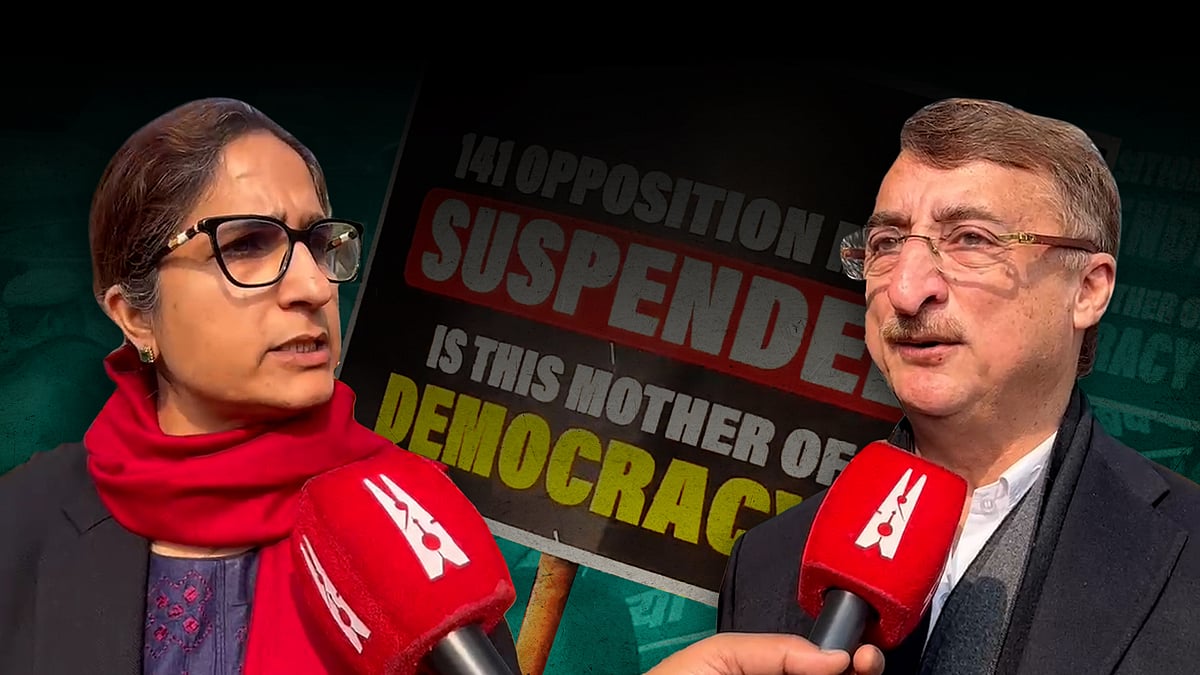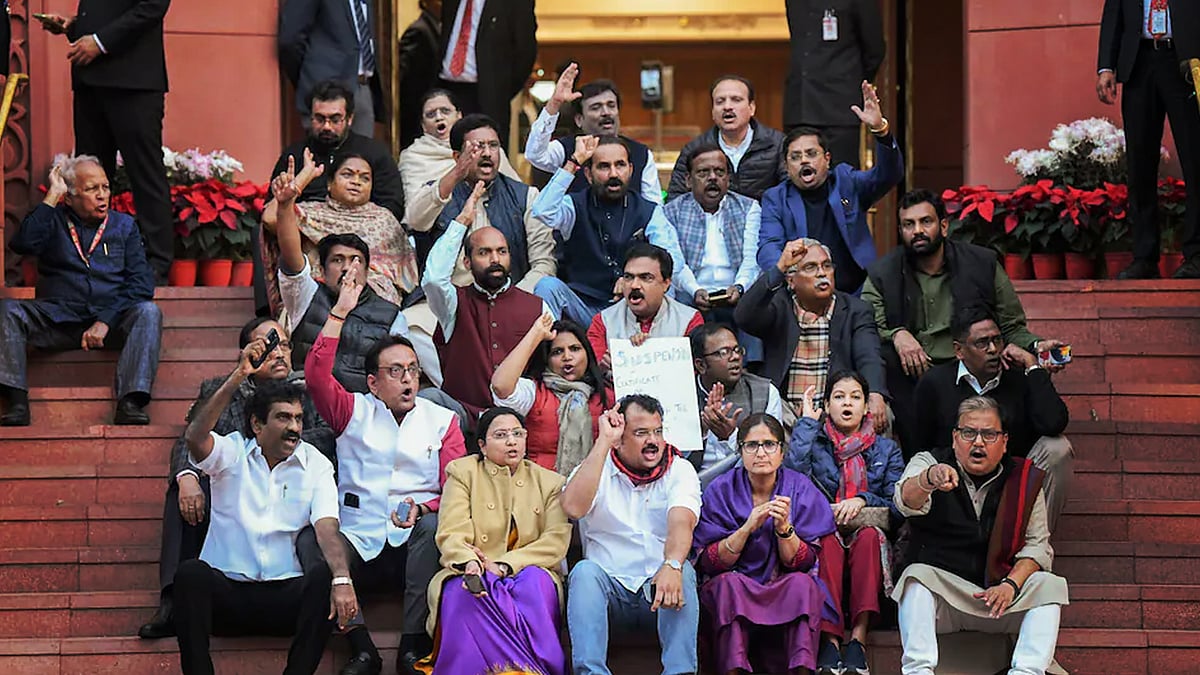‘Undermining democracy’: Over 20 rights groups issue ‘chargesheet’ against Modi govt
The rights groups point to the low number of Lok Sabha sittings and hurried passage of bills.
More than 20 rights groups and individuals have collectively issued a “chargesheet” against the Modi government, accusing it of “subverting and undermining parliamentary democracy”.
Pointing to the low number of Lok Sabha sittings, no appointment of a Lok Sabha deputy speaker, and hurried passage of bills in the parliament, the rights groups alleged “systematic attack on our parliamentary democracy” by the central government.
The press release issued on Friday, was signed by All India Lawyers Association for Justice, Association for Protection of Civil Rights, Delhi Science Forum, and several other organisations, and said that the government was “curbing space for debate” and discussion, “avoiding scrutiny, and evading accountability”.
The statement said the past two Lok Sabha terms saw the lowest number of sittings since India’s independence. It alleged that this indicated an “intent to curb space for debate and discussion on the country’s policies”.
The rights groups also underlined that the Lok Sabha deputy speaker, who is conventionally the opposition’s nominee, had not been elected in the 17th Lok Sabha session, reportedly in violation of Article 93 of the constitution.
“From 71 percent of all bills being referred to standing committees between 2009 and 2014, since 2019, only 16 percent of bills have been referred to standing committees… only 74 out of 301, ie, 24.5 percent of bills introduced in the parliament were circulated for consultation between 2014 and 2021,” said the statement, citing the chargesheet.
The chargesheet also accused the government of “deliberately” bypassing parliamentary scrutiny by incorporating “significant legislative changes in the form of ordinances” or tabling bills at the last minute. “Between 2016 and 2023, on average, 79 percent of the budget has been passed without discussion.”
Newslaundry earlier reported on the hits and misses of the interim budget recently presented by finance minister Nirmala Sitharaman – what the FM’s budget speech told us and what it did not about the state of the Indian economy. Read all about it here.
Want to breeze through the key takeaways from the budget? Read here.
This report was published with AI assistance.
Small teams can do great things. All it takes is a subscription. Subscribe now and power our work.
 ‘Modi wants no one to speak’: Opposition protests 146 MPs’ suspension
‘Modi wants no one to speak’: Opposition protests 146 MPs’ suspension ‘Grim record’, ‘backsliding of democracy’: Newspapers on mass suspension of Opposition MPs
‘Grim record’, ‘backsliding of democracy’: Newspapers on mass suspension of Opposition MPs 